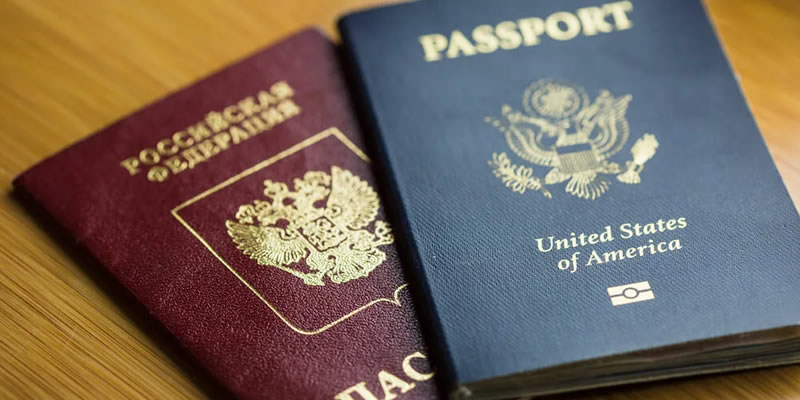
Dual nationality refers to the status of an individual who is considered to be a citizen of two or more countries simultaneously. In the case of the United States, it is possible for an individual to hold U.S. citizenship and citizenship of another country at the same time.
The United States recognizes the concept of dual nationality, but it does not encourage it. This means that a person who becomes a citizen of another country does not automatically lose their U.S. citizenship. However, the U.S. government does require its citizens to enter and exit the United States using a U.S. passport, regardless of whether they hold a passport from another country.
It is important to note that the laws surrounding dual nationality can be complex, and they can vary depending on the specific circumstances and the countries involved. For example, some countries may not recognize dual nationality, which could impact an individual's ability to travel or conduct business in that country.
While the United States recognizes dual nationality, some other countries may not allow their citizens to hold dual nationality or may restrict it in some way. It's important to check the laws of both countries involved to determine whether dual nationality is permitted.
Here are some examples of countries that do not generally allow their citizens to hold dual nationality with the United States:
It's important to note that these laws can change over time, so it's important to check with the appropriate government agencies or a legal professional to ensure that you have the most up-to-date information.